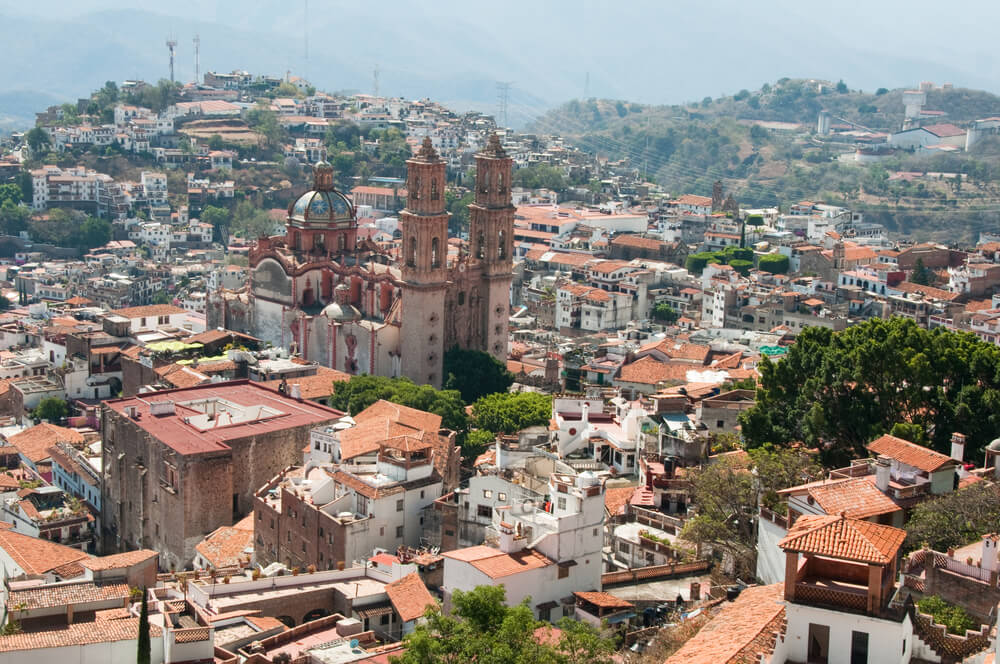Tax Implications of Owning Property in Mexico

American taxpayers with assets outside the United States are no stranger to the abundance of additional US tax forms that must be filed at tax time, including the tax implications of owning property in Mexico and the capital gains tax.
While US tax regulations are generally understandable, the Mexican fideicomiso has long been a head-scratcher. But thanks to a private citizen’s efforts, the IRS has actually changed its point of view and determined that a fideicomiso is not a trust for federal US tax purposes.
Owning Property in Mexico
Under the law, only Mexican citizens are allowed to own property in Mexico in the ‘restricted zone’, which are the areas within 100 kilometers of Mexico’s inland borders or within 50 kilometers of its coastline. Non-Mexican citizens can only purchase property in this area if they set up a special arrangement with a Mexican bank—this is called a fideicomiso (or Mexican Land Trust). Essentially, the fideicomiso ‘owns’ the property, and for a nominal annual fee, the bank serves as the trustee.
Trustee
Unlike a regular trust, these trustees have no right to control the property and are not responsible for any maintenance or damage/loss. So, even though the fideicomiso is a trust because it has a trustee, that trustee doesn’t have the same fiduciary responsibilities as a typical trustee. This is the crux of the issue and the reason the regulation has been questioned.
Forms
US expats and taxpayers with real estate in Mexico had to file two forms annually: Form 3520, Annual Return To Report Transactions With Foreign Trusts and Receipt of Certain Foreign Gifts, and Form 3520-A, Annual Information Return of Foreign Trust With a U.S. Owner.
To be clear, being taxed on the property isn’t the main issue – in most cases, there was no additional tax burden for the property owner. It was simply the hassle. Oh, and the massive penalties incurred if you failed to file the US tax forms. The penalty was 25% of the purchase price of the property.
Ruling
Last year, a savvy tax lawyer from Austin, Texas, Amy Jetel, filed for and received a Private Letter Ruling from the IRS on behalf of her client. Subsequently, the IRS issued Rev. Rul., which applies to all taxpayers. Ultimately the IRS determined that the trustee of a fideicomiso has the responsibility to hold and transfer title, but has no duty and no right to defend, maintain or manage the property. Therefore, it is not a trust and these additional US tax forms do not need to be filed. This ruling removes quite a bit of risk and a load of pesky US tax paperwork from Americans owning property in Mexico.
Can Americans Own Property in Mexico?
For more information on filing taxes as a US expat in Mexico, check out our blog post. If you have additional questions or would like to learn more about the tax implications of owning property in Mexico or the capital gains tax, please contact us.



